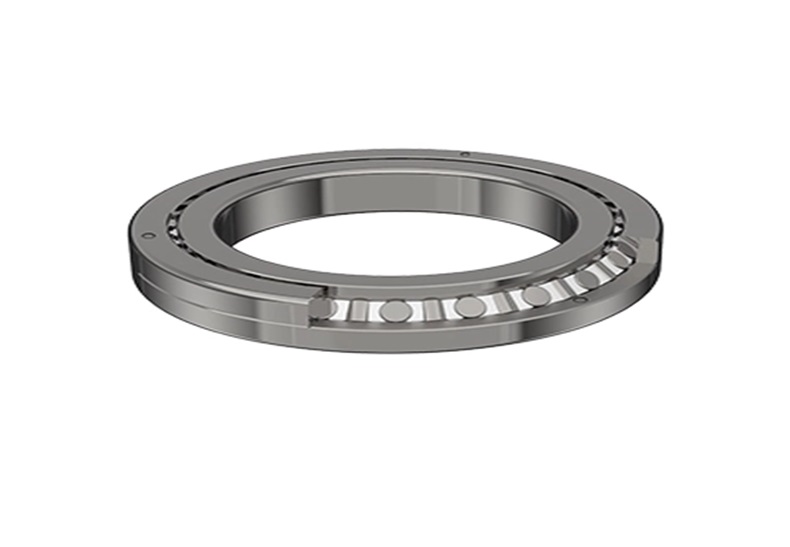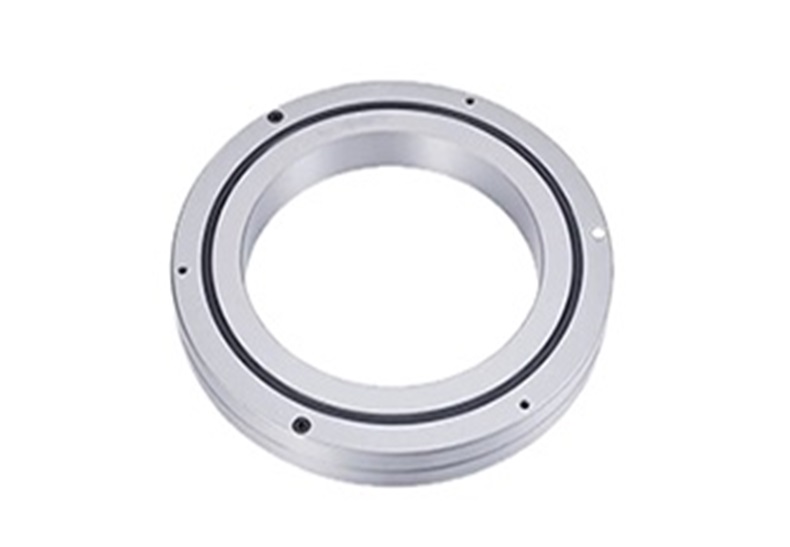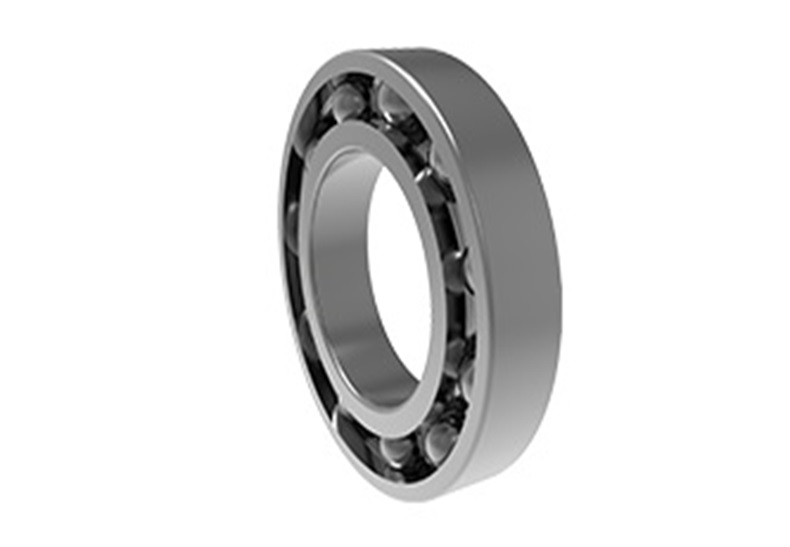How to Prevent Premature Wear of Bearings and Prolong Their Service Life?
Bearing life is important, in order to ensure that your bearings do not wear out prematurely. Today we will introduce the wear and service life of bearings to help you get the most out of your support roller bearings.
Ⅰ. Wear of support roller bearings
In needle roller bearings, wear refers to the material wear that occurs on the contacting surfaces. The amount of wear that occurs depends on the environment and operating conditions to which the bearing is exposed. The main causes of wear include: dirt and foreign matter entering the bearing, insufficient lubrication, lubricant deterioration, corrosion from condensation of water in the bearing, exposure to corrosive fluids and fumes, and chemically aggressive extreme pressure lubricant additives. Wear of support roller bearings can adversely affect the operation and service life of bearings, it can increase noise and bearing play, and thus reduce the running accuracy of the machine. If left unchecked, wear can have a snowball effect and wear away the bearing's contact surfaces until they are no longer usable. Early warning signs of wear include scratched raceways, running noises and sluggish running tracks.
The ideal way to reduce wear is to ensure that the bearings have good internal lubrication and that the back-up roller bearings are kept as clean as possible. The resulting wear can be minimized by avoiding exposure to dust and corrosive materials. If your bearings are well lubricated, well sealed, kept clean and not overloaded, they can last a long time without wear. However, in some applications it is actually difficult to keep the bearings clean, or to avoid the use of corrosive agents. In these cases, it may cost more to keep the bearings clean and free from wear than to replace worn bearings. Bearings should be replaced before total failure to avoid undesired interruption of operation. The service life of a bearing depends on the rate at which wear develops and the severity of the wear.
Ⅱ. The method of extending the life of the support roller bearing
If it is necessary to extend the service life of bearings, besides finding a reliable track roller bearing supplier, various factors that may cause wear must first be considered in order to avoid or solve these problems.
1. High speed
If a bearing is run at speeds above its limit, it will wear out faster and fail prematurely. High speeds combined with vibration and stress from unbalanced forces can cause extensive wear on the guide surfaces of the cage, making the bearing run unevenly. A simple corrective action is to make sure the guide face cage is well lubricated. In addition, if the bearing is lightly loaded at high speed, it may cause sliding between the rolling elements and the raceways, which will also cause wear. In this case, the load on the bearing should be increased.
When dealing with high speed track and roller bearing, it is crucial to ensure that they are operated within their specified speed limits to avoid premature failure. Proper lubrication is essential to minimize friction and wear on the guide surfaces of the cage. This helps maintain smooth and even operation, even under high-speed conditions.
Moreover, high speed track and roller bearing must be adequately loaded to prevent sliding between the rolling elements and the raceways. By increasing the load on the bearing, you can ensure better contact between the rolling elements and the raceways, thereby reducing the risk of wear and extending the bearing’s operational life.
2. Rapid changes in speed
Large accelerations and decelerations cause sliding between the rolling elements and raceways, resulting in extensive wear. To avoid such wear, use bearings with smaller cross-sections and rolling elements, or bearings with cages made of light metal or plastic, or axially preload the support roller bearings.
3. Lubrication and maintenance
Lubrication plays an important role in bearing maintenance, however, lubricants have a limited lifespan. Aging, environmental conditions and mechanical stress can cause lubricants to break down, which leads to wear. Bearing maintenance in the form of relubrication can extend bearing life, but may not be economical for your application.
4. Sealing
Choosing the right seal and associated seal grease for your bearing can significantly increase bearing life by preventing dirt and particles from interfering with the bearing.
5. Service life and operation safety
In many cases, the backing roller bearings wear out before being used and must be repaired or replaced. Unexpected bearing failures can negatively impact operations, but generally bearing failures are not unexpected. Faults can develop over time and regular monitoring of bearings will give you the greatest possible operational safety. The frequency of inspections required depends on the amount of load on the bearing.














 English
English  français
français  Deutsch
Deutsch  italiano
italiano 


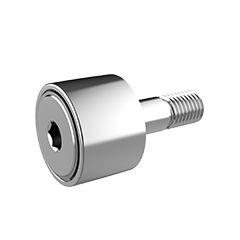
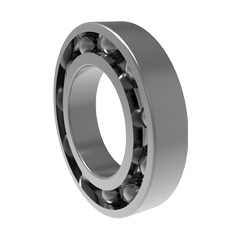
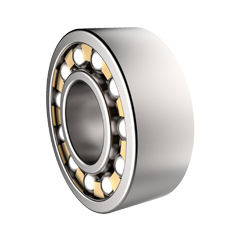
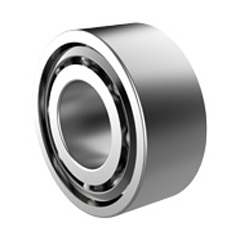
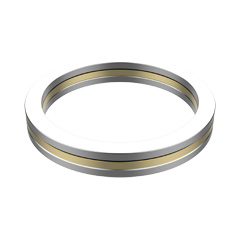
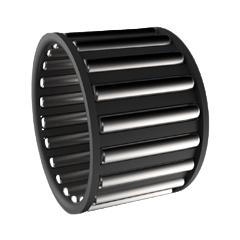
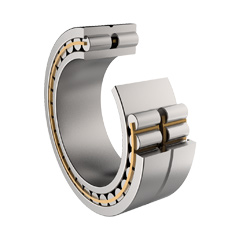
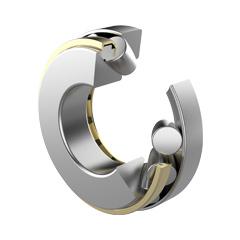
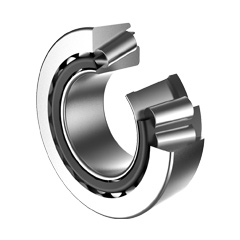
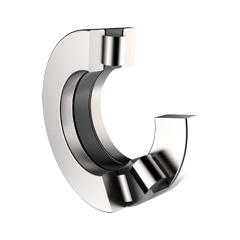
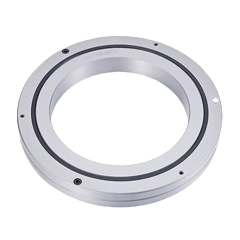
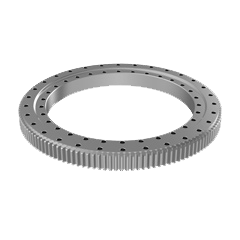
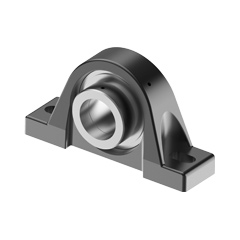
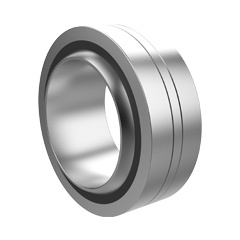

 English
English  français
français  Deutsch
Deutsch  italiano
italiano 

